(CARICOM Secretariat, Turkeyen, Greater Georgetown, Guyana) A Commission, charged with creating a Human Resource Development Strategy for the Caribbean Community (CARICOM), will be launched on Thursday 12 May 2016, in Barbados. The ceremony will be hosted at the Caribbean Development Bank (CDB).
CARICOM Heads of Government took the decision to establish the Commission at their twenty-fifth Intersessional Meeting in 2014. It comprises seventeen specialists and other stakeholders in Education and Human Resource Development, and its work is supported by the CARICOM Secretariat, as coordinator, and CDB, which is financing the establishment of a gender-responsive and socially inclusive CARICOM strategy for harmonised education reform.
The Regional Education and Human Resource Development 2030 Strategy and Action Plan (the Regional HRD Strategy), which the Commission will shape, is intended to form the basis for converged action by Member States. It is expected that the Commission will also develop policy recommendations for education reform in CARICOM Member States.
The Commission will also engage short-term expertise to collect and analyse data to inform the development of the strategy. It will also host two four-day Regional Education Sector Monitoring and Evaluation Meetings to promote ownership for, and build capacity in, monitoring and evaluation at the national level.
Following the development of the strategy and action plan, the Commission will be expected to operationalise the structure for coordinating, monitoring and reporting.
Speakers at next Thursday’s launch will include Assistant Secretary-General at the CARICOM Secretariat, Dr. Douglas Slater, a representative from the Caribbean Development Bank, a member of the HRD Commission and one of the two CARICOM Youth Ambassadors from Barbados. There will also be a Question and Answer session for the media to engage the Commission on various aspects of its mandate.


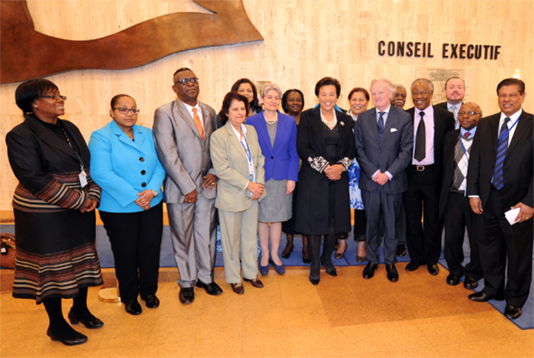
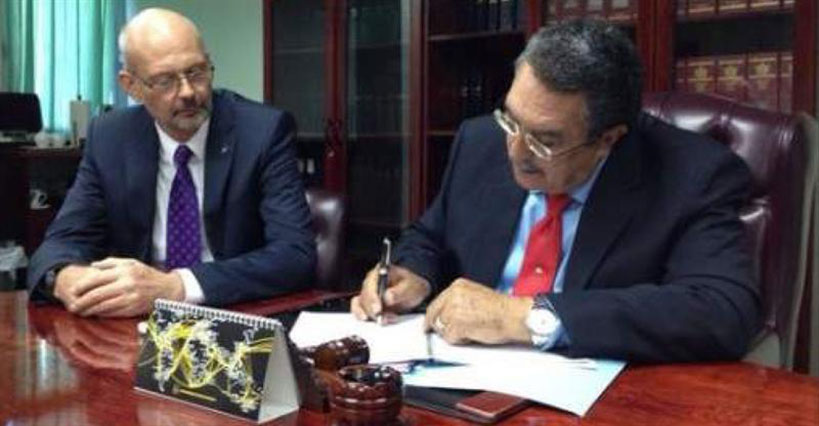
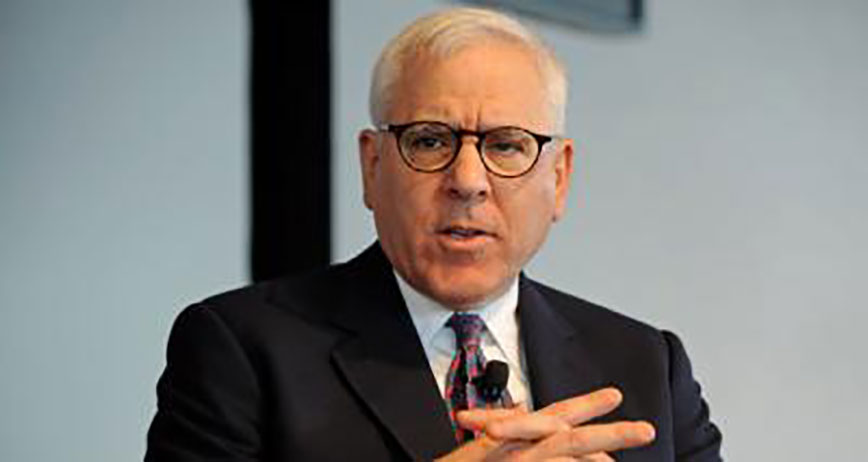
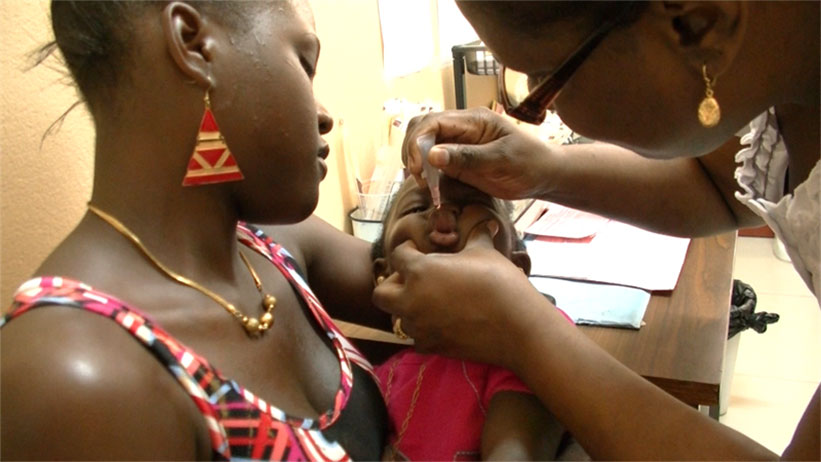
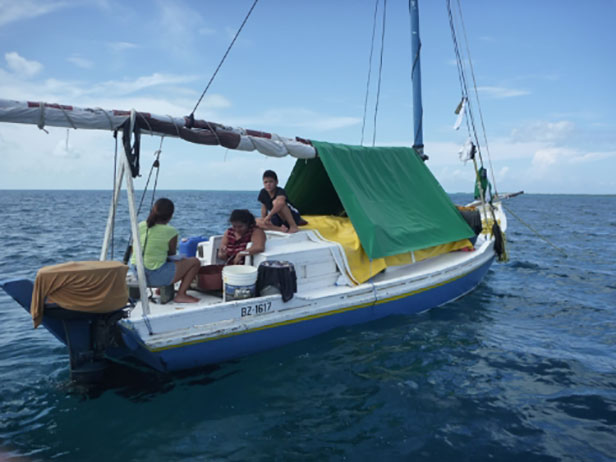
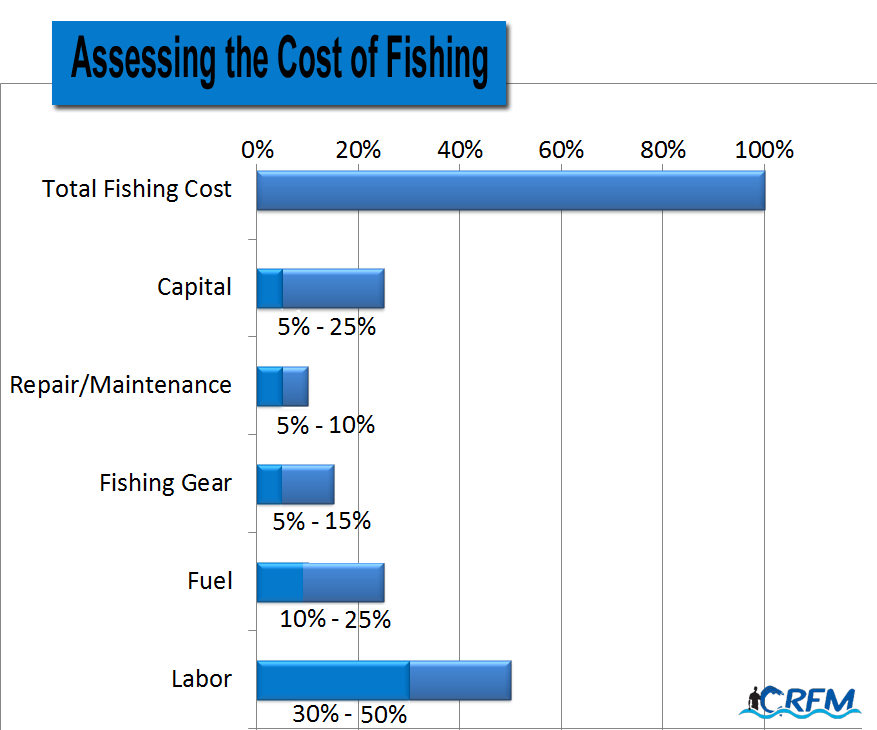
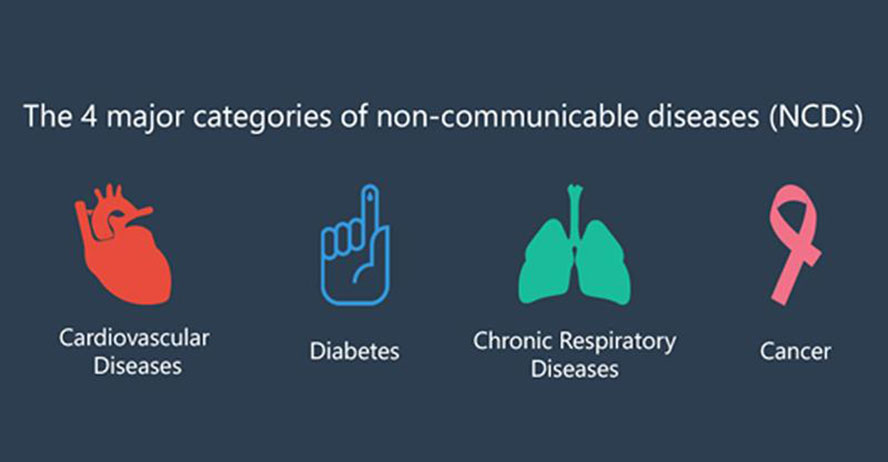
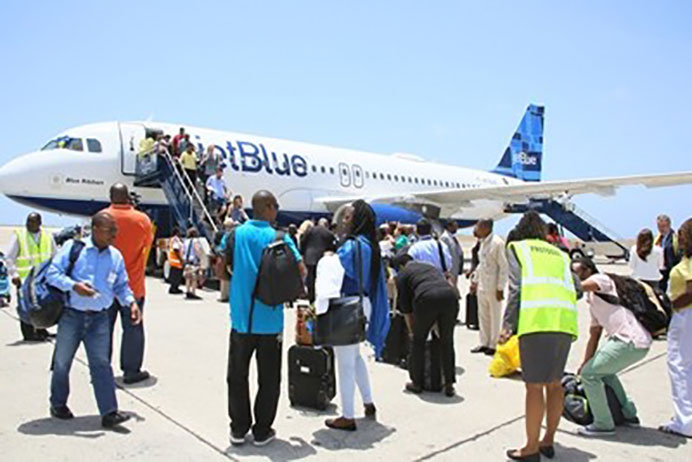
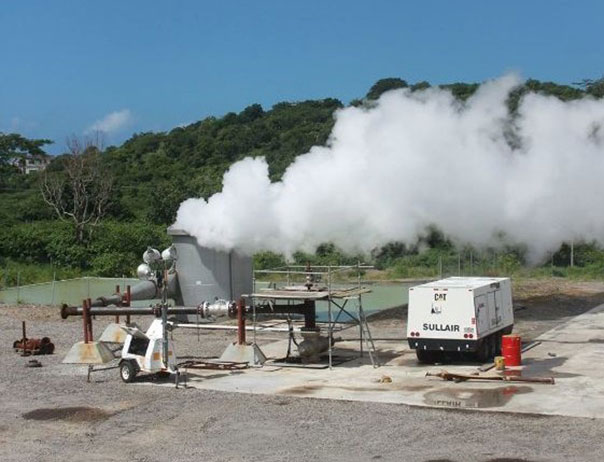

 Seated at the Head table from left are: Ms. Maxine Nestor, Project Manager – ECERA Project – OECS Commission; Hon. Gregory Bowen, Minister responsible for Communications, Works, Physical Development, Public Utilities and ICT – Grenada; Hon. Oliver Joseph, Minister of Economic Development, Planning, Trade, Cooperatives and International Business – Grenada; and Mr. Mike Sylvester, Permanent Secretary – Ministry of Finance and Energy – Grenada.
Seated at the Head table from left are: Ms. Maxine Nestor, Project Manager – ECERA Project – OECS Commission; Hon. Gregory Bowen, Minister responsible for Communications, Works, Physical Development, Public Utilities and ICT – Grenada; Hon. Oliver Joseph, Minister of Economic Development, Planning, Trade, Cooperatives and International Business – Grenada; and Mr. Mike Sylvester, Permanent Secretary – Ministry of Finance and Energy – Grenada.
